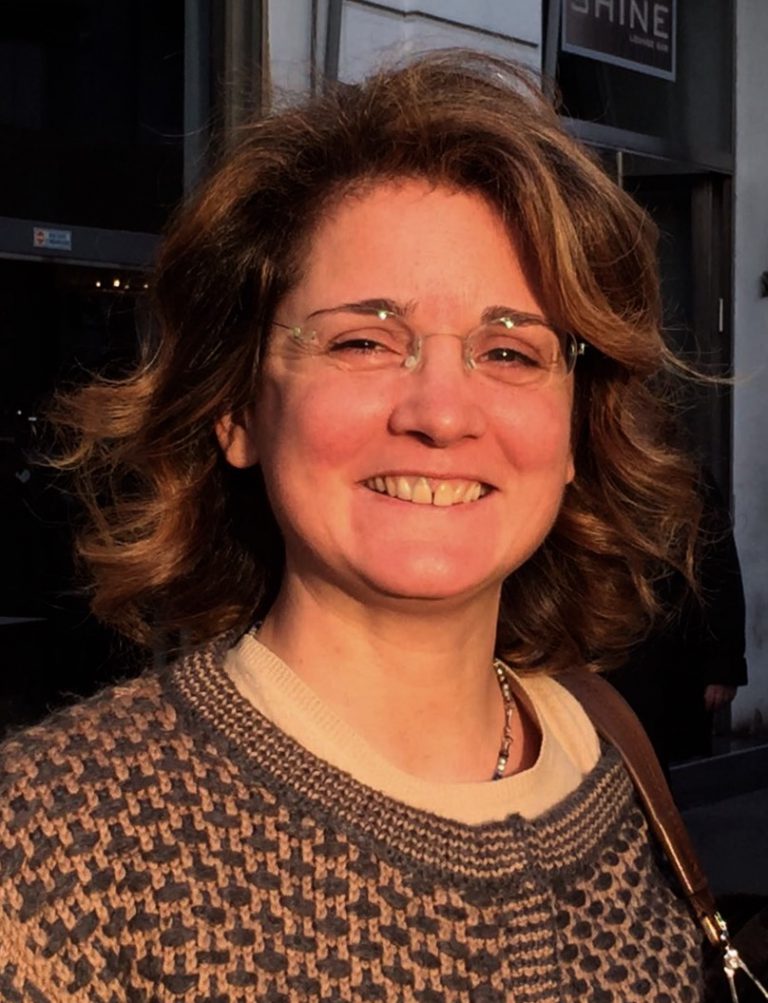While Benedict XVI’s sympathetic observers define his act of resignation as “an eruption of modernity inside the Church,” critics point to his “crackdowns on nuns and liberal theologians,” “his outreach to the Lefebvrists” and “his resurrection of the old Latin Mass” as a sign of his conservative legacy.
Neither side is completely wrong, nor completely right. For Benedict XVI’s papacy seems to have struck a balance between “the modern” and “the traditional,” in an attempt to avoid the excesses of both modernism and traditionalism. Consider his views on reason, modern science and the Church magisterium.
Prior to becoming Pope, Cardinal Ratzinger warned against the pathologies that both reason and faith give rise to, when they are separated. As pope, in the Regensburg Speech, he argued that no authentic religion can justify violence, nor expect God to justify acts against reason. This emphasis on the rational content of authentic religion demonstrated Pope Benedict’s deep and perhaps surprising affinity with several Enlightenment philosophers’ critique of revelation. In the same speech, however, he criticized another aspect of the Enlightenment legacy, namely the “modern self-limitation of reason, classically expressed in Kant’s ‘Critiques,’” which equates the reasonable with the empirically verifiable, or falsifiable. Such constraints on reason, which the Pope sees as arbitrary and artificial, would make faith in God untenable and the search for meaning of the universe impossible.
Pope Benedict XVI’s attitude towards science is yet another example of his being modern, without being a modernist. In Dogma and Preaching, for example, he writes that Darwin’s theory has proven untenable the idea that “every individual species is a datum of creation that existed since the beginning of the word through God’s creative work.” This traditional view of Creation, based on naïve interpretation of Genesis, has been dethroned by the discoveries of science. At the same time, Benedict XVI has pointed out that the idea of evolution does not respond to the question why there is something instead of nothing. It only says why precisely these things exist, instead of others. In this way, the new idea of Creation that Benedict XVI advances has to do with the “intellectual starting point” of all “being.” This philosophical outlook does not rule out the theory of evolution, rather it provides a modern framework in which both theology and science can coexist.
Finally, Pope Benedict XVI has adopted a middle way in his interpretation of the Church’s Magisterium. According to the experts, his view of the Primacy of Peter as a “horizontal, rather than vertical papacy” has been developed and elaborated during his pontificate. Considerable are the implications for a new, perhaps more democratic conception of the authority in the Church that nonetheless upholds the primacy of the Pope. Even Benedict’s act of resignation demonstrates a fresh and innovative interpretation of the Papacy, which has for many centuries been viewed as a life-long, active ministry of the Pope. In his typically balanced avoidance of extremes, Benedict XVI has avoided undermining the traditional understanding of the papacy as a God given vocation, while underscoring the human dimension on which divine Grace builds.
In short, Benedict XVI has tried to be open to the challenges of our age, without being so accommodating as to risk jeopardizing the identity of the Catholic faith.
Recognizing with his predecessor that the world is “subject to many rapid changes and shaken by questions of deep relevance for the life of faith,” the next Pope will need to continue engaging new pressing issues, including developments in neuroscience, the dialogue with other religions and the increasing secularization of society, while at the same time remaining faithful to the Catholic tradition.

